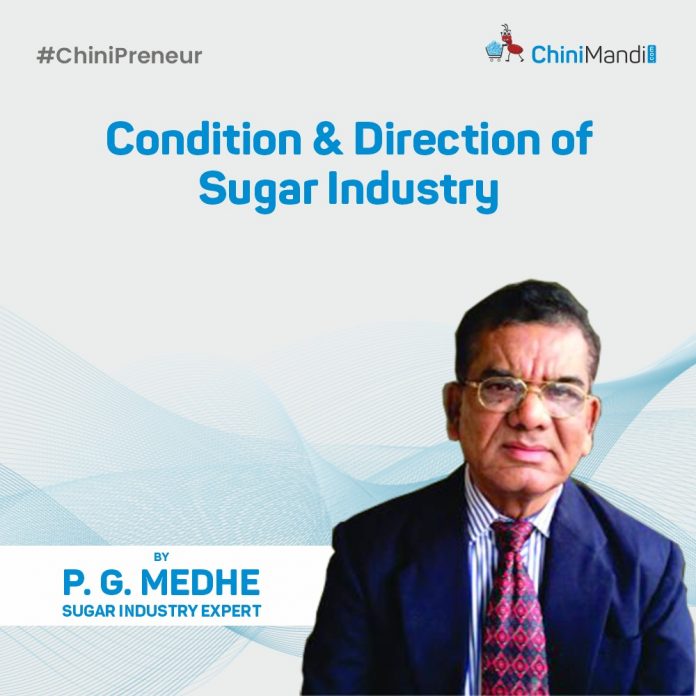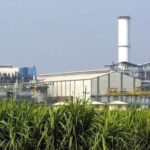The expectations from the new Government of India for the Indian Sugar Industry are centered around several key areas:
1) Minimum Selling Price (MSP) Revision: The industry is hopeful that the new government will revise the MSP for sugar upwards to align it with the Fair and Remunerative Price (FRP) of sugarcane. This is crucial as the sugarcane price has been revised four times in the last four years, but the sugar MSP has remained stagnant, creating financial stress, especially on cooperative sugar mills.
2) Long-term Ethanol Policy: There is an advocacy for a stable long-term policy on ethanol blending. The industry emphasizes the need for a resilient policy framework that supports and encourages ethanol producers and remains steadfast even in the face of challenges.
3) Export Restrictions: The government has extended sugar export restrictions to ensure an adequate supply in the domestic market and to align with India’s commitments to international trade agreements.
4) Agronomics, Trade, and Diversification: A focus on the integration of better varieties and mechanical harvesting, complex trade opportunities in raw sugar, white sugar, molasses, and ethanol, and the expansion of bagasse cogeneration and the use of ethanol gel as a fuel are also expected to be key areas of interest.
5) To create a conducive environment for the growth of Green Hydrogen production: The scope for producing green hydrogen from power cogeneration and bio-CNG in sugar factories is promising, leveraging existing resources and waste streams to create a sustainable and integrated energy solution. While challenges exist, the environmental and economic benefits provide a strong case for pursuing this
Establishing green hydrogen manufacturing plants requires substantial support from both state and central governments to ensure success and sustainability.
The key expectations from these governments can be categorized into several areas: 1)Clear and Stable Policies, 2) Regulatory Framework, 3) Standards and Certification, 4) Subsidies and Grants: 5) Tax Incentives, 6) Financing Support, 7)Infrastructure Development, 8) Transport and Distribution, 9) Research and Development, 10) Market and Demand Creation, 11) Blending Mandates, 12) Public Awareness Campaigns, 13)Collaboration and Capacity Building,14)Training and Education, 15) International Cooperation, 16) Environmental and Social considerations, 17) Community Engagement: 18) Examples from Leading Countries.
By addressing these expectations, central governments can create a conducive environment for the growth of green hydrogen manufacturing, contributing to energy security, economic growth, and environmental sustainability. These expectations reflect the industry’s desire for policies that support sustainable growth and stability in the sugar market. The Union Government’s action in their 100 days policy program, whether these areas will be given priority or not, is closely watched by industry stakeholders.
P.G. Medhe is the former Managing Director of Shri Chhatrapati Rajaram Sahakari Sakhar Karkhana Ltd and sugar industry analyst. He can be contacted at +91 9822329898.












